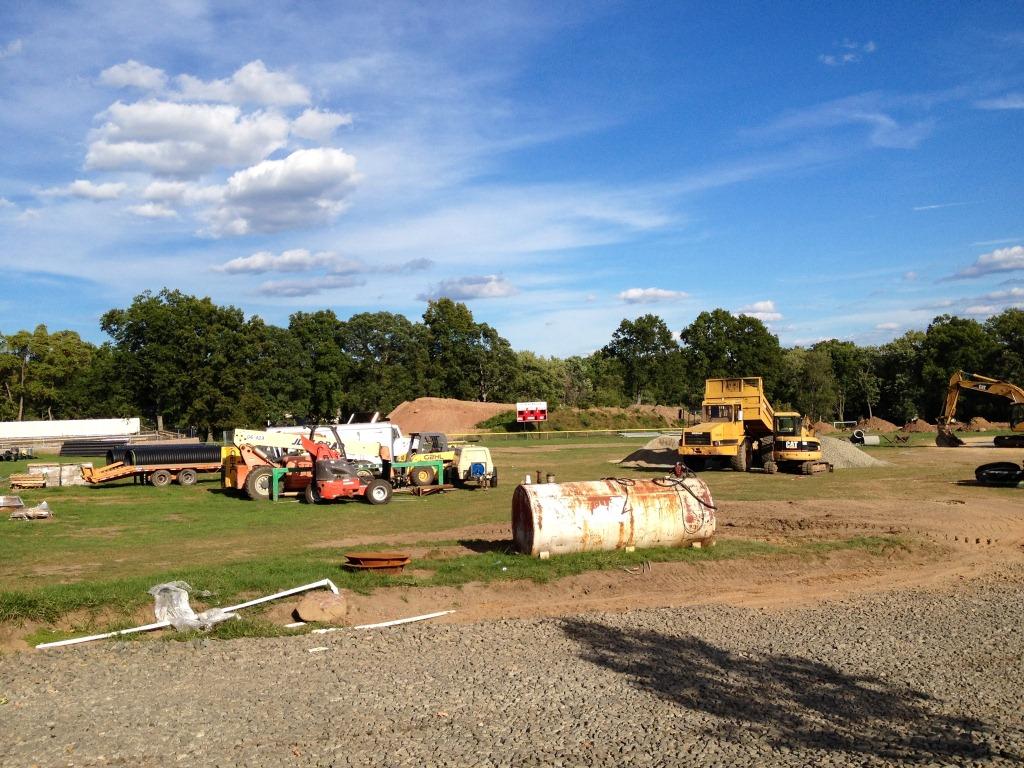According to the NFL’s Injury and Safety Panel, anterior cruciate ligament (ACL) injuries occur 88 percent more frequently in games played on synthetic turf than in games played on grass. Despite this critical medical concern, the Glen Rock Board of Education approved a plan to revamp the school’s football field and soccer field into two synthetic turf playing surfaces. Glen Rock taxpayers are paying an exorbitant $481,170 for these two synthetic fields, but one uncalculated cost will be the price of student injuries.
The Glen Rock Board of Education awarded Turco Golf Inc. the $3,532,503 project on April 16, 2012. With a vote of 7-2, Trustees Sheldon Hirschberg and Theresa Moore rejected the plan and specifically expressed opposition to the inclusion of the synthetic fields. The seven other Trustees disregarded the clear facts that reveal synthetic fields lead to additional injures. A study published by the New Jersey Work Environmental Council found that the surface of synthetic fields contain toxic metals including zinc, lead, arsenic, cadmium, and chromium. Notably, the Board of Education neglected this adverse health effect.
Glen Rock varsity football player Jason Kwon was recently injured while playing in the season opener at Hasbrouck Heights High School on September 7. Kwon, a senior and a third-year varsity player, suffered a broken arm and will probably miss the rest of the season. Coincidentally, Kwon was injured on a synthetic field. “It’s unfortunate that my season is possibly over because of an injury, but I’m going to support the team best I can off the field,” Kwon said. Can the Glen Rock High School Panthers sustain another injury? With clear evidence proving synthetic fields evoke injuries, one can only speculate why the Glen Rock Board of Education implemented a plan that endangers the health of all student athletes.





